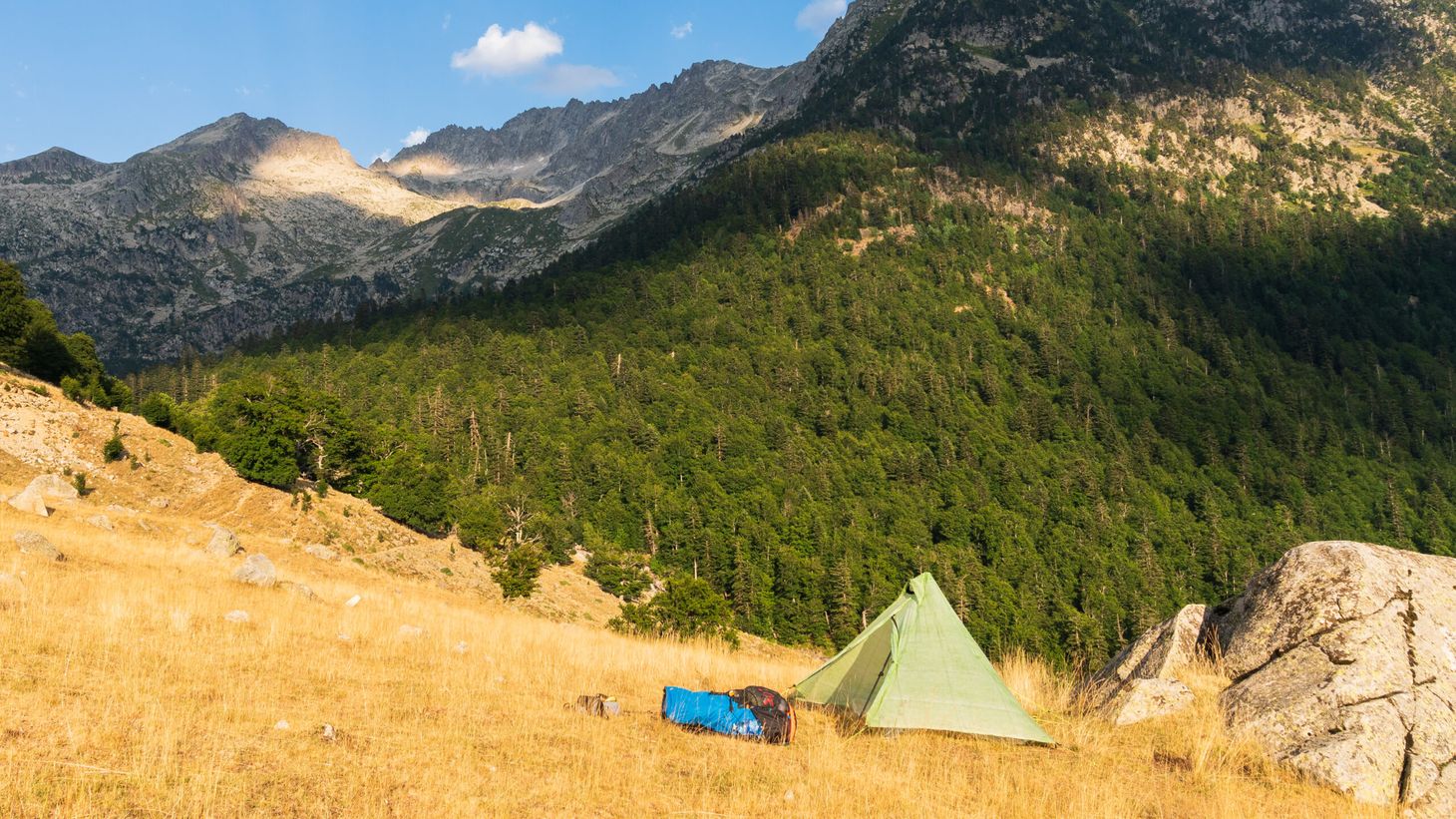Are we being good role models for wild camping?
How can we do better?

This blog post is a bit less polished and a bit more stream-of-consciousness than I usually like to publish, but it’s adapted from an Instagram caption and I thought it best to post more or less as-is without agonising over hammering it out into a more coherent essay.
As restrictions begin to lift in the UK, people are going to be heading outside – and in large numbers. Holidays abroad are off the cards. Pubs remain shut. Many of us have been enjoying local nature during lockdown, and this is going to accelerate over the next few months as a lot of people head for the hills. For many of them this might be a relatively new thing. Some of them will have heard about wild camping and want to try it out for themselves.
Already, images have been circulating online of abandoned camping equipment and piles of rubbish, whipping up anger. But what I think we ought to try to remember is that people are coming into the great outdoors from a wider range of backgrounds than ever before, and a lot of them may never have had that crucial early guidance about what is or isn’t appropriate. More importantly, they may simply lack context that we take for granted. Does that mean that they should be denied the wonder of a night under the stars – or does it mean that as a society we need more education, better infrastructure, and a more enlightened way of managing these special places?
Last year I published a piece in TGO magazine called ‘Wild camping: why changing the name won’t change the bad behaviour’. Although this was written at a time when the outdoor community was reflexively distancing itself from the very term ‘wild camping’, and was a response to that specific issue, I think it remains highly relevant. As I wrote at the time, ‘There is a path from fires, noise and fly-tipping to positive engagement with the natural world.’ I’ve trodden a portion of that path myself.
In being vicious with our online condemnation, are we making the problem worse by normalising these images and these combative attitudes? Folks, it isn’t us and them. I know it can feel like that, but it isn’t. We all want to feel alive with the wind in our hair.
I really can’t put it any better than the concluding paragraph in my piece for TGO:
Instead of hostility and finger-pointing, we need empathy, openness, and education. The media is awash with images of devastation labelled as “wild camping”. What is this teaching people? Instead of fortifying our bunkers, I think we should be out there acting as role models, making the ideal of responsible, leave-no-trace wild camping as visible as possible. Normalise it. Break out of your online bubbles and talk to people about it. Wild camping isn’t just about Instagrammable pitches in idealised locations; it’s the quiet, wholesome, ordinary act of getting closer to the natural world.
A few more thoughts on this:
- ‘Leave no trace’ is the guiding light behind all wild camping anywhere. Right now, the balance is being tipped in favour of images of destruction and devastation (also, they’re emotive so they spread more). I really think that we should lean heavily into LNT, and not just in our online bubbles.
- Worth being aware that the legality of wild camping at all is up for debate at the moment in the UK. Even in Scotland, some say it’s against the spirit of the ‘stay at home’ directive. In England the situation is even more nebulous. I’m not passing comment or judgement on anyone choosing to wild camp just now, simply saying that outrage-sharing those images of fly camping isn’t getting us anywhere and is probably making things much worse.
- I’d encourage you to talk to people while out walking! This is something I only find easy when on a long-distance trail, but it’s worth trying at all times. Only by talking and finding common ground with people from very different backgrounds will we help to make a better culture. I really believe that most people are at heart good and want to do the right thing.
- Is it helpful to share tent porn, or wild camping glamour shots posted without context? I still can’t make my mind up on this – I don’t know whether it will make things better or worse, and I’m certainly not going to tell anyone else how to run their social media! I do think that if we at least try to communicate and be better role models then we can begin to chip away at the problem, though. What we see (and what we post) online matters.
Alex Roddie Newsletter
Subscribe here to receive my occasional personal newsletter in your inbox. (For the fun stuff, please consider subscribing to Alpenglow Journal instead!)



